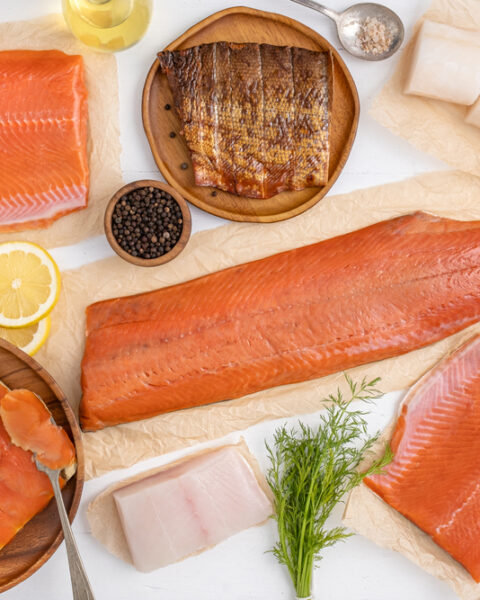Looking to give your brain and heart a little TLC? It’s time to get into some seriously tasty foods that are not only delicious but packed with omega-3s—the ultimate powerhouses for keeping your mind sharp and your ticker in top shape. Here are some of the most delicious omega-3-rich foods that are as good for your taste buds as they are for your health!
Contents
- 1 Salmon
- 2 Mackerel
- 3 Sardines
- 4 Chia Seeds
- 5 Flaxseeds
- 6 Walnuts
- 7 Hemp Seeds
- 8 Herring
- 9 Anchovies
- 10 Trout
- 11 Soybeans
- 12 Seaweed
- 13 Caviar
- 14 Spinach
- 15 Brussels Sprouts
- 16 More From RetailShout
- 17 15 Trader Joe`s Pasta Salad Kits for Easy Picnic Meals
- 18 15 Refreshing Smoothie Bowl Recipes to Energize Your Morning
Salmon

Salmon is one of the most well-known sources of omega-3 fatty acids, specifically EPA and DHA, which are essential for brain and heart health. These fatty acids help reduce inflammation, improve cognitive function, and lower the risk of heart disease. Wild-caught salmon tends to have higher omega-3 levels compared to farmed varieties. Additionally, it’s packed with protein and vitamin D, making it a nutritious choice for overall health. Grilling, baking, or poaching salmon makes it a versatile option to incorporate into your diet.
Mackerel
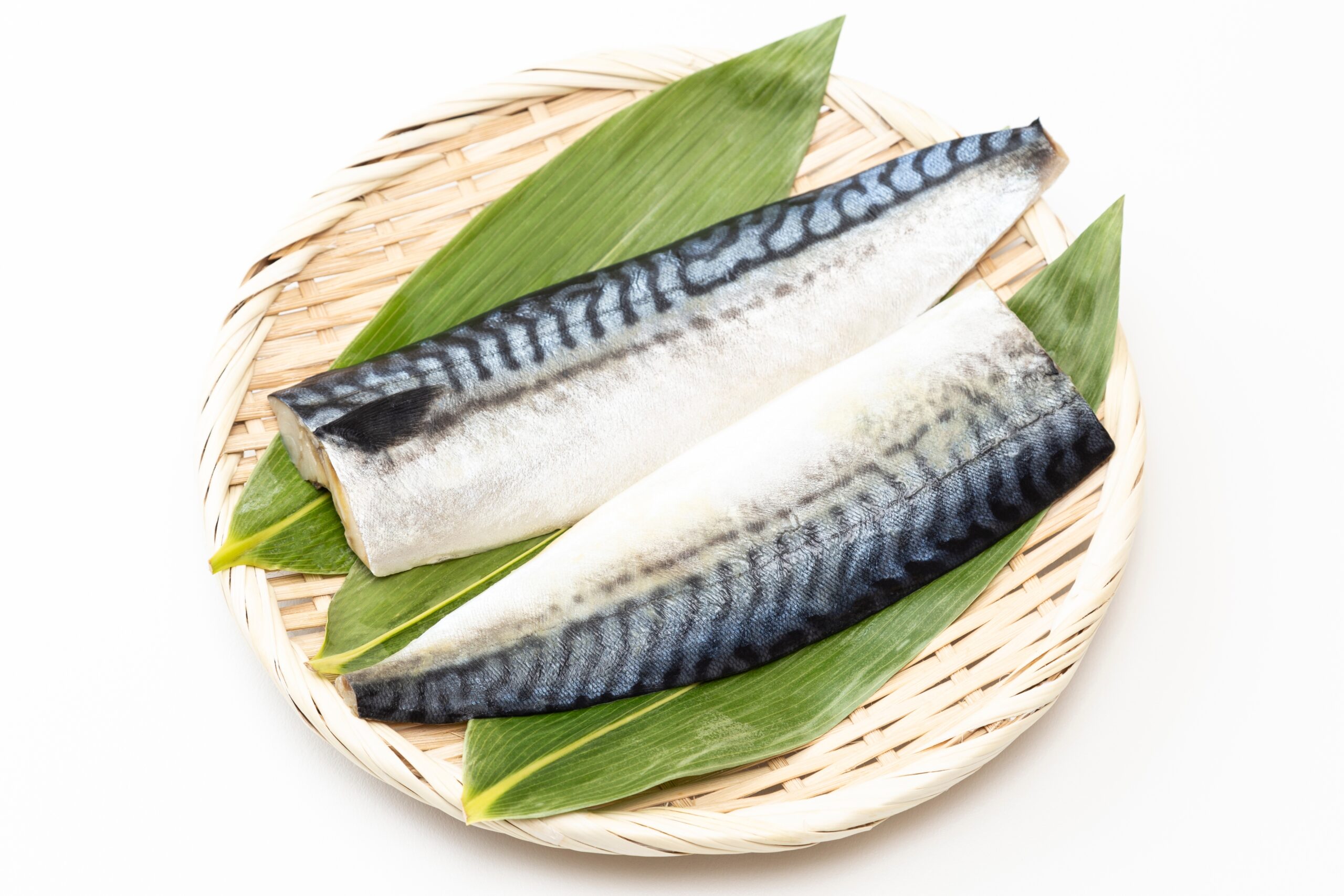
Mackerel is another fatty fish that is rich in omega-3s, offering a concentrated dose in just a small serving. It’s an oily fish, so it also provides vitamin D and selenium, both of which support immune function and bone health. Consuming mackerel regularly can lower blood pressure, reduce triglyceride levels, and improve cholesterol profiles. Its bold flavor pairs well with strong seasonings, making it ideal for smoking or grilling. Plus, it’s often available canned, which is a convenient and affordable option for adding omega-3s to your diet.
Sardines
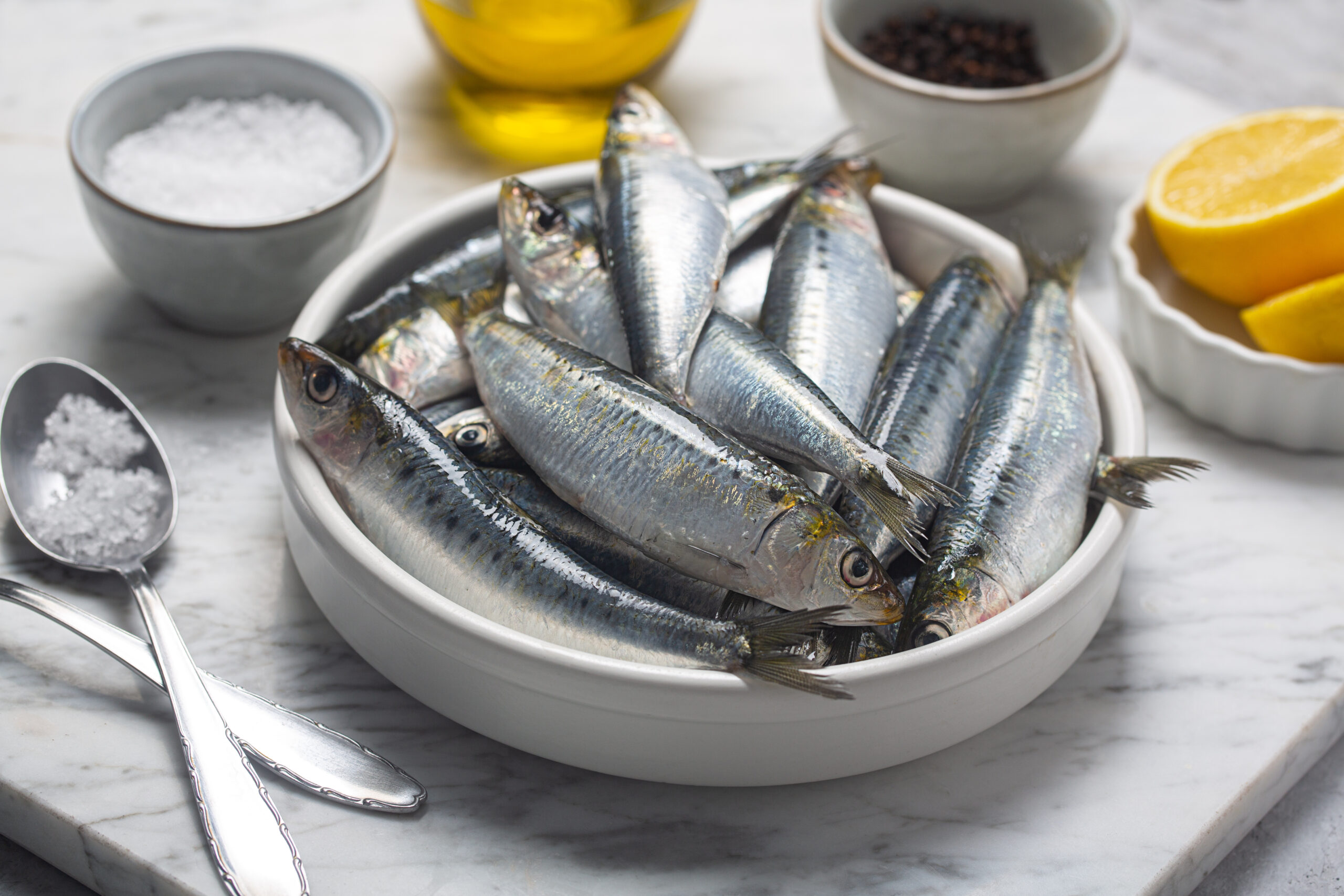
Sardines may be small, but they pack a powerful punch of omega-3 fatty acids. Not only are they high in EPA and DHA, but they’re also a good source of calcium, vitamin B12, and selenium. Sardines support both heart health by reducing inflammation and brain health by improving cognitive function. Canned sardines are widely available and can be eaten on their own, in salads, or on whole-grain crackers. Their sustainability also makes them an eco-friendly seafood choice.
Chia Seeds
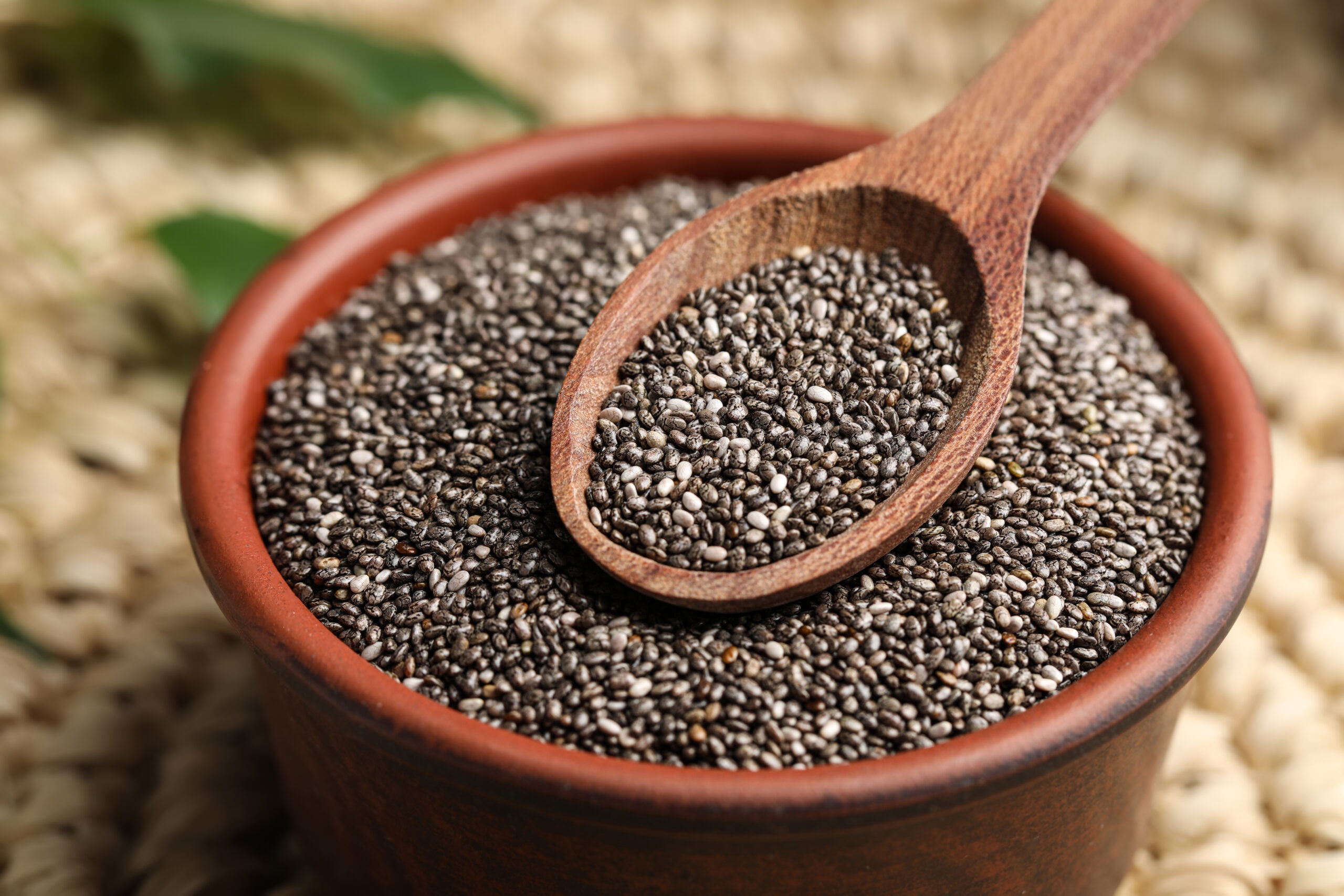
Chia seeds are one of the best plant-based sources of ALA, a type of omega-3 fatty acid that supports heart and brain health. These tiny seeds are packed with fiber, antioxidants, and protein, making them a nutritional powerhouse. Chia seeds can be sprinkled on top of yogurt, blended into smoothies, or used to make chia pudding. They absorb liquid, creating a gel-like consistency that is perfect for thickening recipes. Regular consumption of chia seeds helps lower cholesterol and improve digestive health.
Flaxseeds
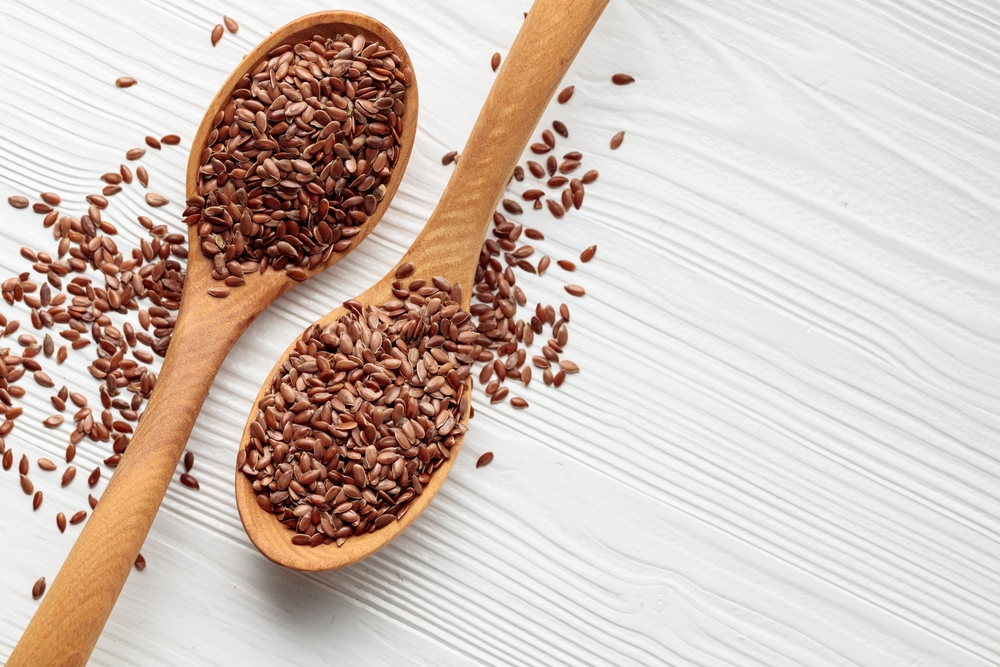
Flaxseeds are another excellent plant-based source of omega-3s, particularly ALA. Ground flaxseeds are easier to digest and offer more nutritional benefits than whole flaxseeds, which can pass through the digestive system undigested. They also provide fiber, lignans, and protein, contributing to improved heart health and balanced blood sugar levels. Flaxseeds can be sprinkled on oatmeal, mixed into baked goods, or added to smoothies for a nutritional boost. Their nutty flavor pairs well with both sweet and savory dishes.
Walnuts
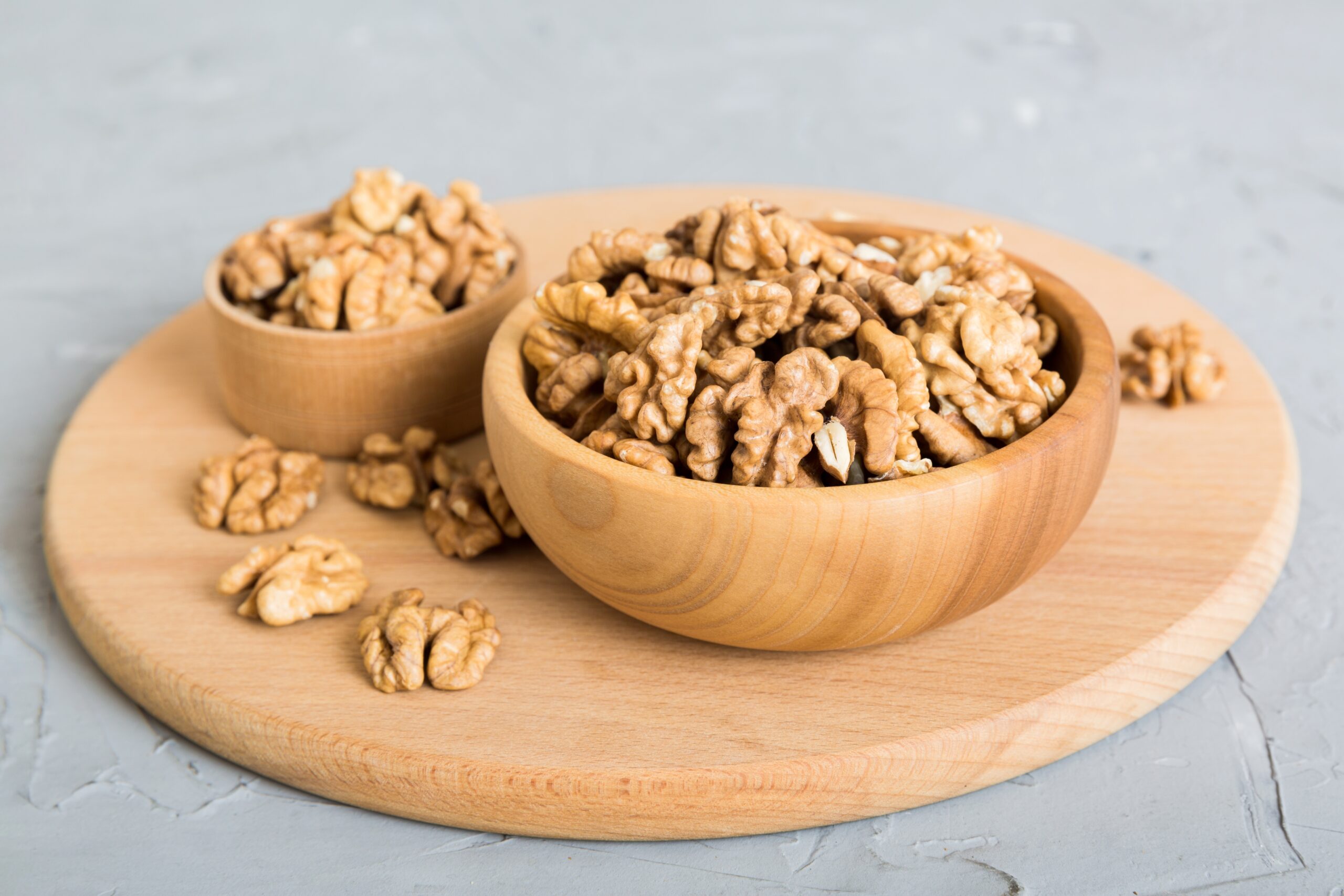
Walnuts are one of the few nuts that are rich in omega-3 fatty acids, specifically ALA. Just a handful of walnuts provides a significant portion of the recommended daily intake of omega-3s, along with fiber, protein, and antioxidants. Walnuts are known for their heart-protective benefits, as they help lower cholesterol and reduce inflammation. They also support brain function, potentially improving memory and cognitive performance. Enjoy walnuts as a snack, add them to salads, or use them in baking to reap their health benefits.
Hemp Seeds
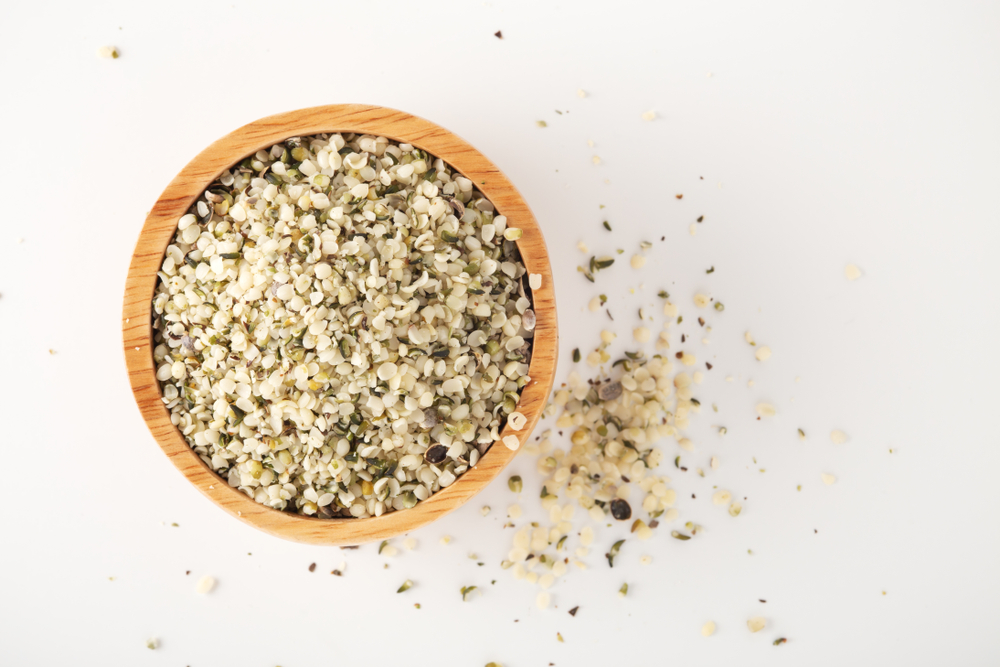
Hemp seeds are a plant-based source of omega-3s that also provide a perfect balance of omega-6s, which are essential for immune and heart health. These seeds are packed with protein, fiber, and a variety of minerals such as magnesium, which supports muscle and nerve function. Hemp seeds have a mild, nutty flavor and can be sprinkled on salads, blended into smoothies, or added to yogurt bowls. They are also an excellent source of gamma-linolenic acid (GLA), which has anti-inflammatory properties.
Herring
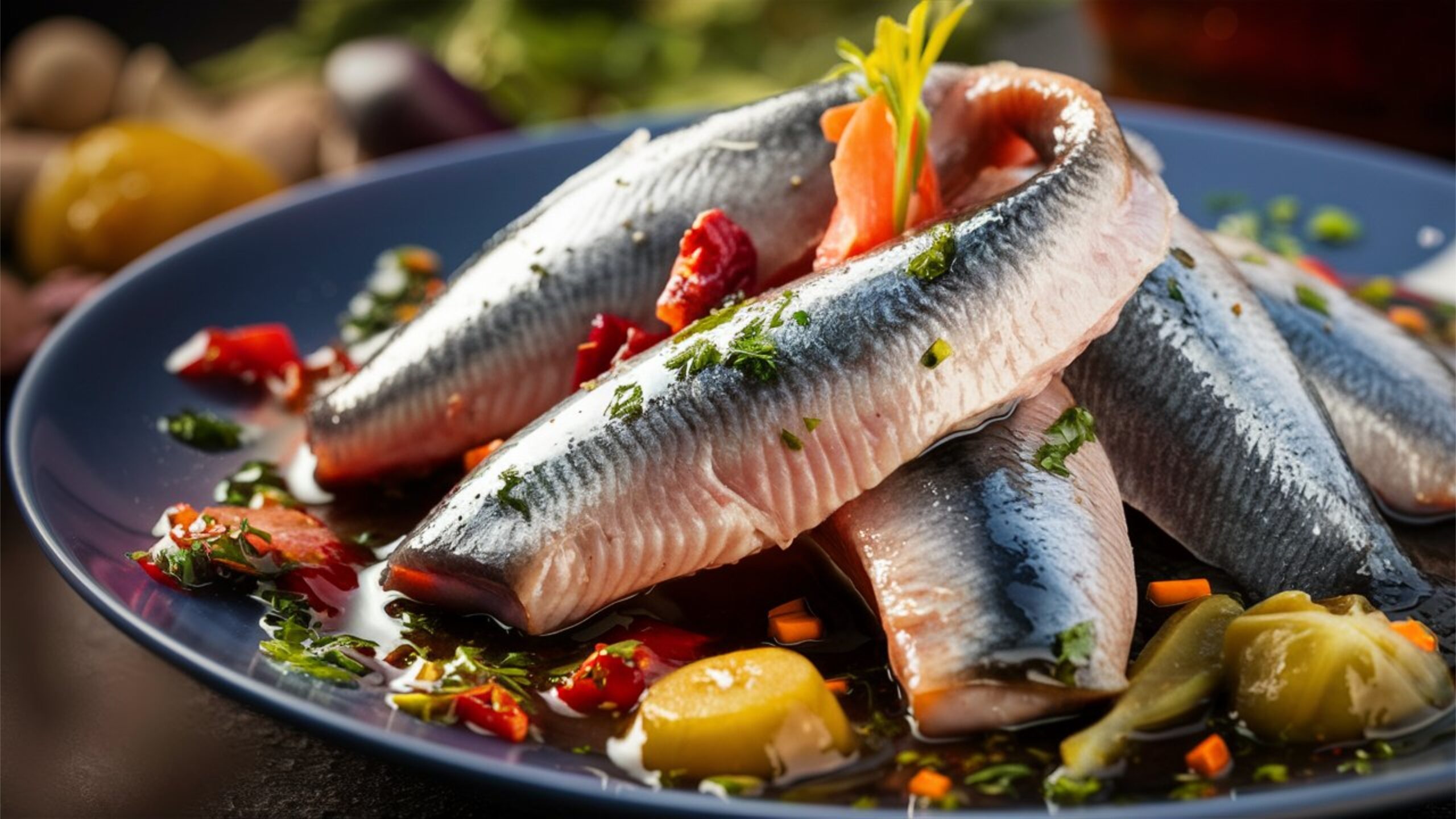
Herring is a fatty fish that is often overshadowed by salmon or mackerel but is equally rich in omega-3s. This small, oily fish is packed with DHA and EPA, which help protect against heart disease and promote brain health. It’s also an excellent source of vitamin D, which supports bone health and immune function. Herring is commonly pickled, smoked, or grilled, offering a versatile option for various dishes. Regular consumption of herring can help improve cholesterol levels and reduce blood pressure.
Anchovies
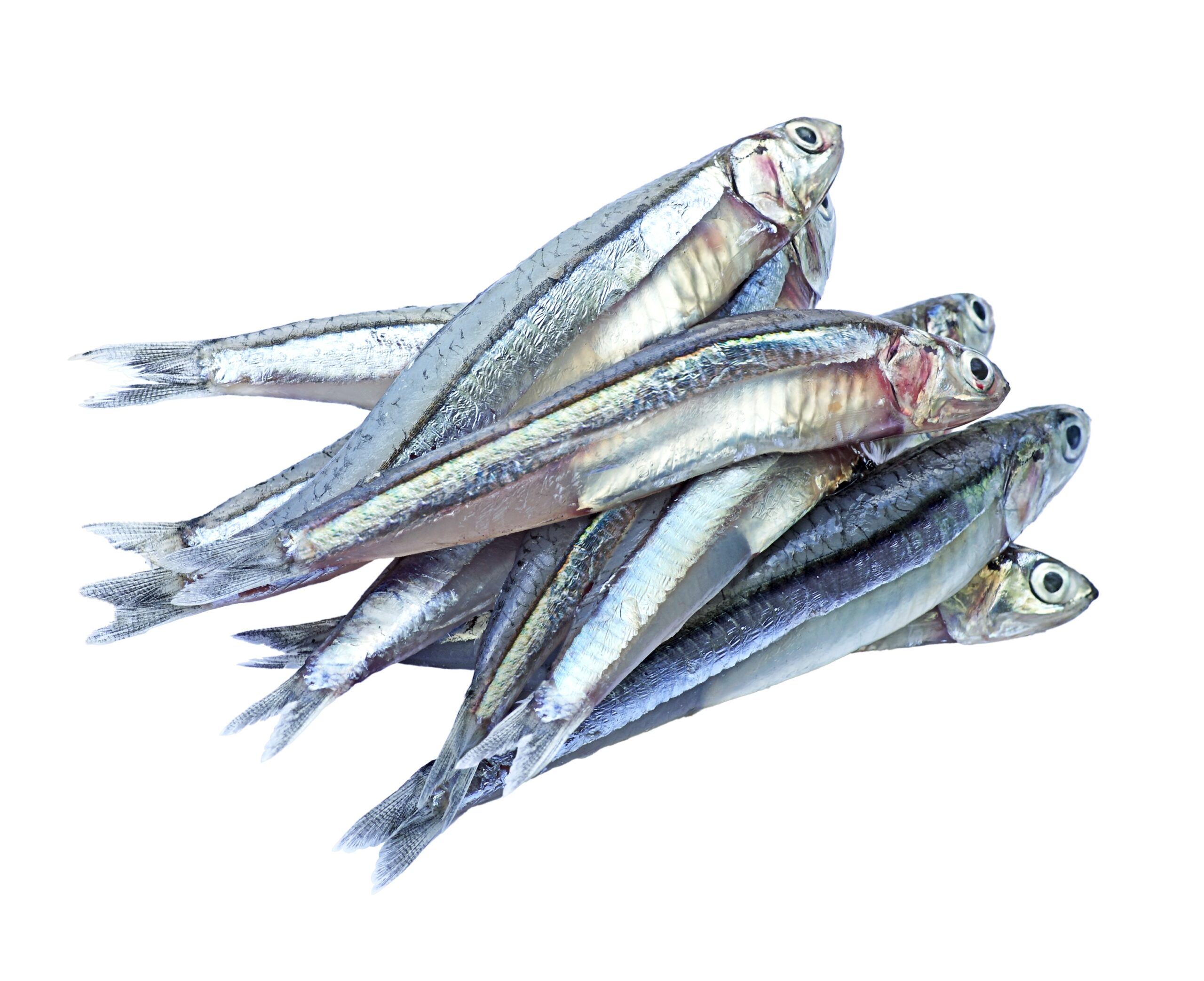
Anchovies may be small, but they are incredibly rich in omega-3s, making them a powerful addition to your diet. These tiny fish are often used as a topping for pizza or salads but can also be incorporated into sauces or dressings for an extra boost of flavor and nutrition. Anchovies are also a good source of calcium, iron, and selenium, which support bone health and immune function. Including anchovies in your diet can help reduce inflammation, improve cholesterol levels, and support heart health.
Trout

Trout, especially rainbow trout, is a freshwater fish that provides a good amount of omega-3 fatty acids. This fish is also rich in protein and essential vitamins such as B12 and D, making it a highly nutritious choice. Consuming trout can support brain function, improve heart health, and lower the risk of chronic diseases. It has a mild, delicate flavor, making it a versatile option for grilling, baking, or pan-frying. Regular consumption of trout helps meet your omega-3 needs without the strong taste of some other fatty fish.
Soybeans
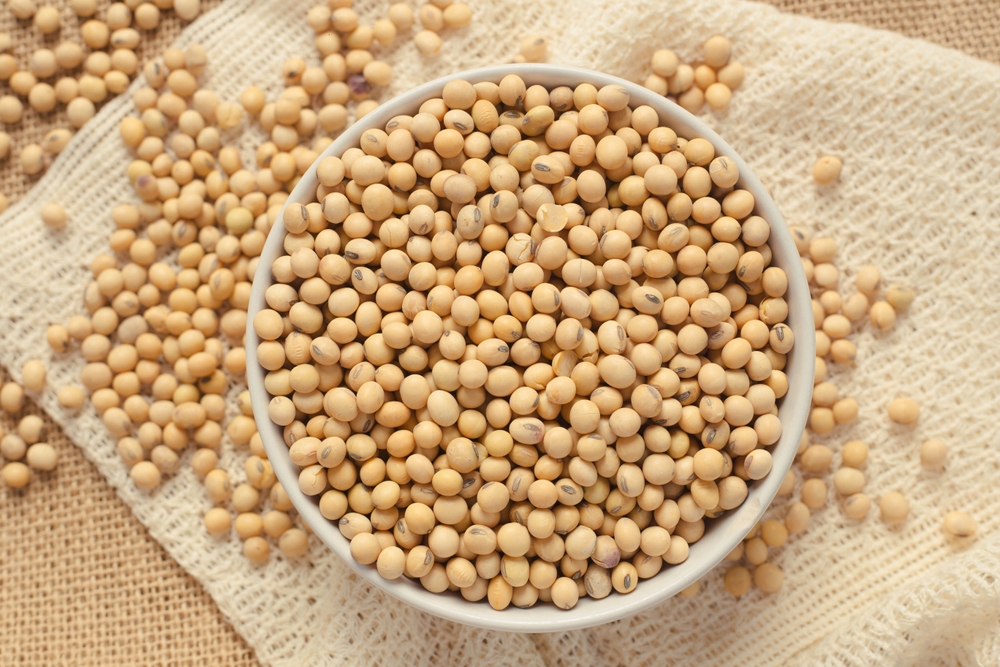
Soybeans, particularly when eaten in whole form like edamame, are a plant-based source of omega-3 fatty acids. They contain ALA, which contributes to heart health and can help reduce the risk of cardiovascular disease. Soybeans are also rich in fiber, protein, and essential nutrients like magnesium and potassium. You can enjoy soybeans steamed as a snack, or use tofu, tempeh, or soy milk in various dishes for added omega-3 benefits. Their versatility makes them easy to incorporate into any meal.
Seaweed
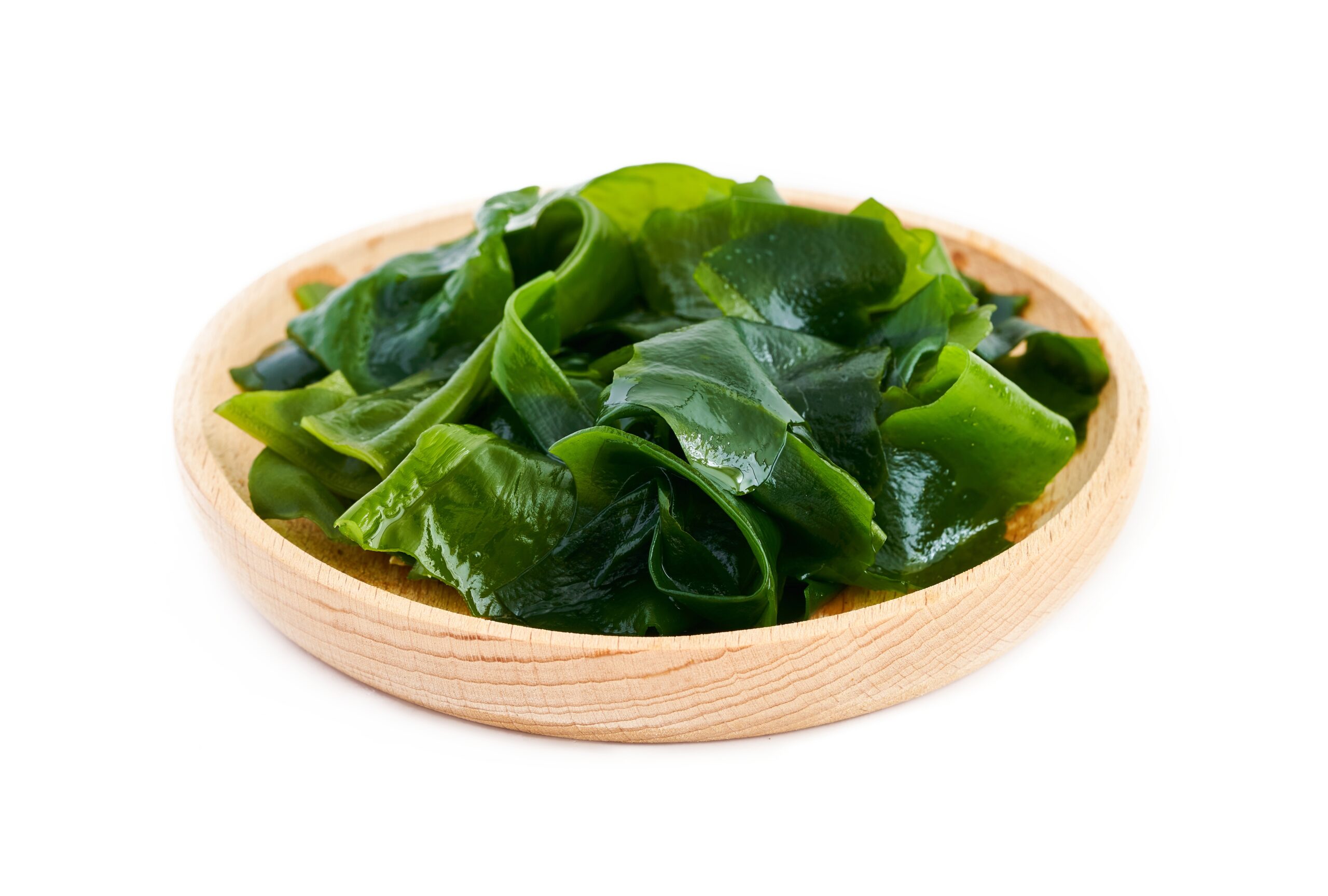
Seaweed is another marine source of omega-3s, particularly DHA, making it an excellent option for vegans and vegetarians. Different types of seaweed, such as nori, kelp, and spirulina, offer varying levels of omega-3s along with iodine, which supports thyroid health. Seaweed can be enjoyed in sushi, salads, or as a snack in the form of seaweed chips. Adding seaweed to your diet can help improve heart health, support cognitive function, and provide a unique source of essential nutrients.
Caviar
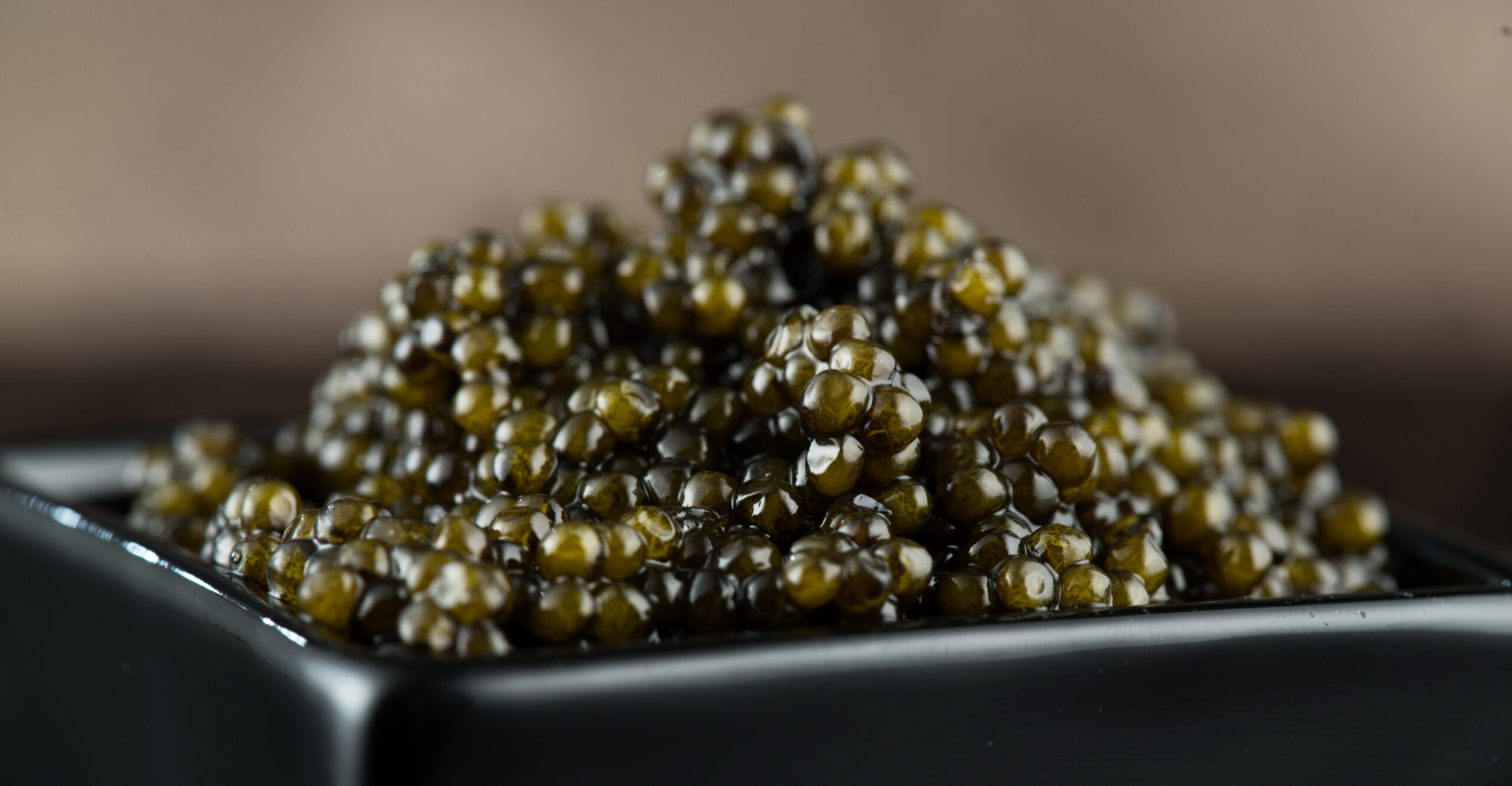
Caviar, often seen as a luxurious food, is also an excellent source of omega-3 fatty acids, specifically EPA and DHA. These tiny fish eggs are packed with nutrients that support brain function, reduce inflammation, and promote heart health. Caviar also provides high levels of vitamin B12 and selenium, which are important for energy metabolism and immune function. While it may not be an everyday food for most people, incorporating caviar into special meals can provide a boost of omega-3s. Its rich, salty flavor pairs well with crackers, toast, or as a garnish for other seafood dishes.
Spinach
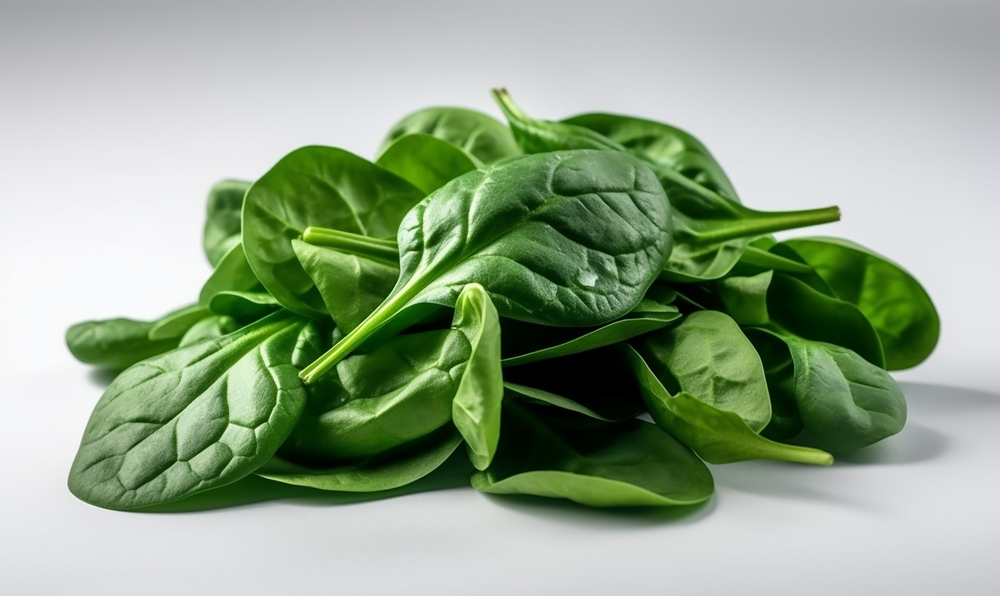
Leafy greens like spinach are a plant-based source of ALA, offering a way to boost omega-3 intake without fish. While not as potent as animal sources, spinach still provides a good amount of ALA, along with fiber, vitamins A, C, and K, and important minerals like magnesium and iron. Incorporating spinach into your diet supports heart health, brain function, and overall wellness. It’s easy to add spinach to salads, smoothies, or cooked dishes like stir-fries and soups for a nutrient-dense boost.
Brussels Sprouts

Brussels sprouts are a surprising source of omega-3s, particularly for those following a plant-based diet. These cruciferous vegetables are rich in ALA, which supports heart and brain health. In addition to their omega-3 content, Brussels sprouts are packed with fiber, vitamins C and K, and antioxidants that help reduce inflammation. Roasting or sautéing Brussels sprouts brings out their natural sweetness and makes them a tasty side dish. Including them in your meals can provide a healthy boost of omega-3s while supporting overall wellness.
This article originally appeared on RetailShout.
More From RetailShout
14 Delicious Aldi Desserts You Need to Try
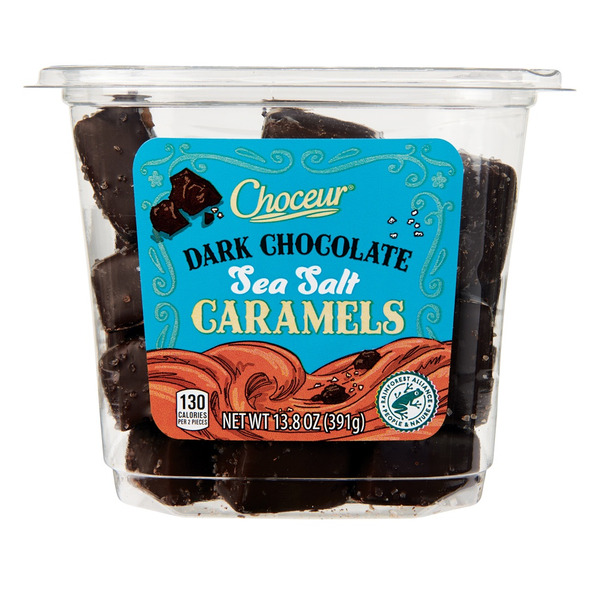
If you’re like me and love discovering new treats to satisfy your sweet tooth, Aldi’s dessert aisle is practically a goldmine. With a lineup of irresistible treats that are as affordable as they are delicious, you won’t need to search far for your next sugar fix. Read More.
15 Trader Joe`s Pasta Salad Kits for Easy Picnic Meals

Autumn is here, and it’s the perfect time to cozy up your space with some fresh, seasonal decor. Aldi has just dropped their latest fall home decor collection, and it’s full of affordable, stylish finds that will instantly transform your home. Read More.
15 Refreshing Smoothie Bowl Recipes to Energize Your Morning
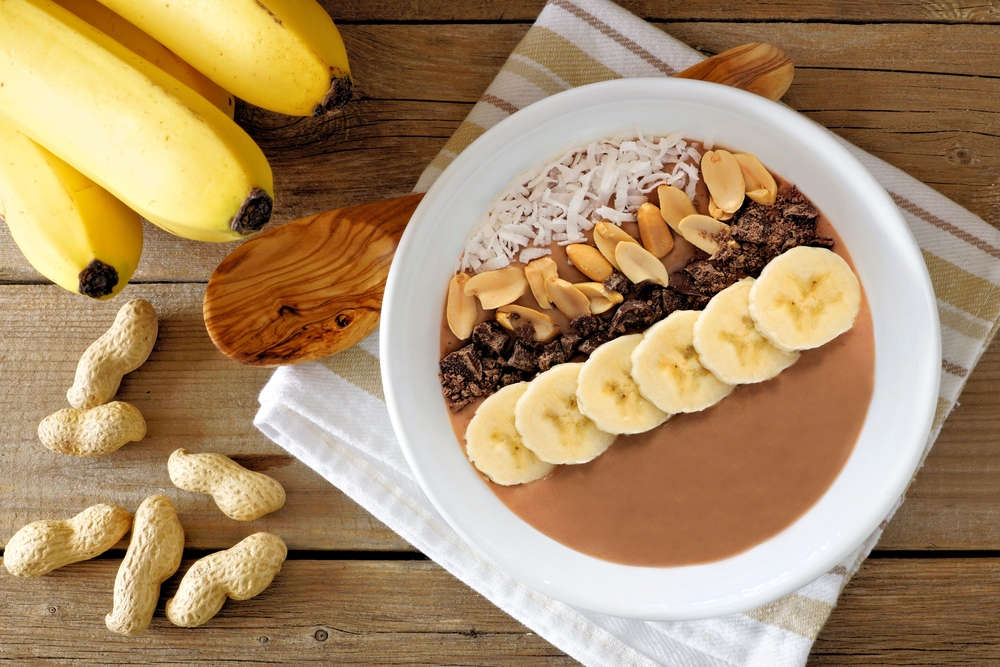
There’s something amazing about starting your day with a burst of fresh flavors that not only taste great but also make you feel energized and ready to tackle whatever comes your way. Smoothie bowls are the perfect solution for a morning meal that’s both refreshing and packed with nutrients. Read More.



